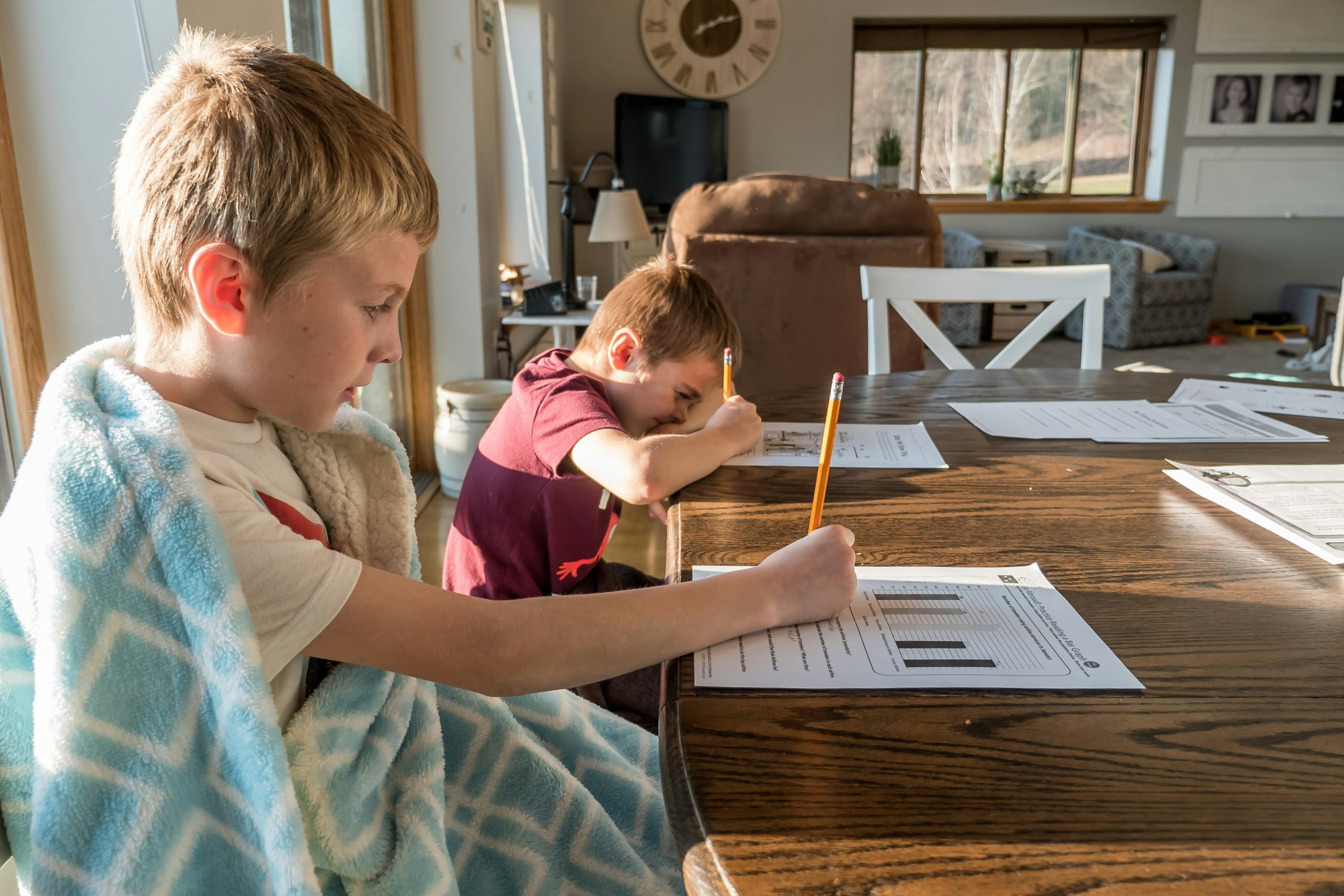Why Unconventional Trauma Responses Are Not Silly
Trauma responses that are a little outside of the “norm” often get made fun of or dismissed. What might feel silly to someone else might be your body remembering how it had to survive in a tense or dangerous situation. People might brush off your unusual actions with a roll of their eyes or even a chuckle, but those quirky little things you do might be more than just unique personality traits. They might be signs that you have unresolved trauma in your life and that your body is fighting desperately to protect you from perceived threats. Our bodies respond to trauma in different ways that show up uniquely to us. Maybe your hands sweat every time you hear your phone ding with a notification. While that might seem odd and a gross overreaction to those around you, it might be a learned response because your boss only texts when they are angry. Your friends might giggle a little when you get visibly angry at them for using your full name, but to you, it serves as a reminder of parents who spewed it out just before a verbal storm. The World’s View on “Silly” Trauma Responses The people around you might be critical or cruel about behavior they consider to be odd or different. Society as a whole can be harsh to those who suffer from trauma they do not understand and in ways they do not view as normal. If you did not grow up in a war zone or with obvious signs of abuse, people tend to assume you should be just fine to act in a way that fits their definition of normal. But what if you suffered years of emotional neglect, chronic bullying, or having to be the adult kid taking care of younger siblings? [...]












